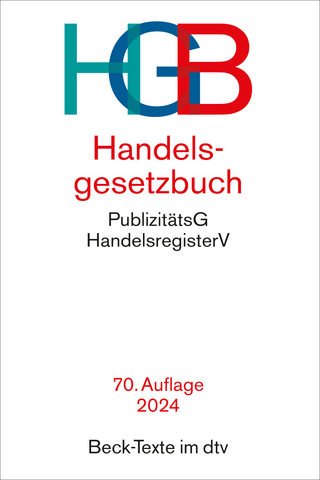
Life after Privacy
Reclaiming Democracy in a Surveillance Society
Seiten
2020
Cambridge University Press (Verlag)
978-1-108-81191-0 (ISBN)
Cambridge University Press (Verlag)
978-1-108-81191-0 (ISBN)
How do we adapt to the profound societal changes wrought by digital media? What do these changes mean for political freedom? This highly original study of digital behavior and the crisis in privacy will interest scholars and anyone concerned about the impact of technology and the future of democracy.
Privacy is gravely endangered in the digital age, and we, the digital citizens, are its principal threat, willingly surrendering it to avail ourselves of new technology, and granting the government and corporations immense power over us. In this highly original work, Firmin DeBrabander begins with this premise and asks how we can ensure and protect our freedom in the absence of privacy. Can—and should—we rally anew to support this institution? Is privacy so important to political liberty after all? DeBrabander makes the case that privacy is a poor foundation for democracy, that it is a relatively new value that has been rarely enjoyed throughout history—but constantly persecuted—and politically and philosophically suspect. The vitality of the public realm, he argues, is far more significant to the health of our democracy, but is equally endangered—and often overlooked—in the digital age.
Privacy is gravely endangered in the digital age, and we, the digital citizens, are its principal threat, willingly surrendering it to avail ourselves of new technology, and granting the government and corporations immense power over us. In this highly original work, Firmin DeBrabander begins with this premise and asks how we can ensure and protect our freedom in the absence of privacy. Can—and should—we rally anew to support this institution? Is privacy so important to political liberty after all? DeBrabander makes the case that privacy is a poor foundation for democracy, that it is a relatively new value that has been rarely enjoyed throughout history—but constantly persecuted—and politically and philosophically suspect. The vitality of the public realm, he argues, is far more significant to the health of our democracy, but is equally endangered—and often overlooked—in the digital age.
Firmin DeBrabander is Professor of Philosophy, Maryland Institute College of Art. He has written commentary pieces for a number of national publications, including the New York Times, Washington Post, the Atlantic, LA Times, Salon, Aeon, Chicago Tribune, and The New Republic. Professor DeBrabander is the author of Do Guns Make us Free? (2015), a philosophical and political critique of the guns rights movement.
Preface; 1. Confessional Culture; 2. Defenses of Privacy; 3. Big Plans for Big Data; 4. The Surveillance Economy; 5. Privacy Past and Present; 6. The Borderless, Vanishing Self; 7. Autonomy and Political Freedom; 8. Powerful Publics; Conclusion.
| Erscheinungsdatum | 17.09.2020 |
|---|---|
| Zusatzinfo | Worked examples or Exercises |
| Verlagsort | Cambridge |
| Sprache | englisch |
| Maße | 152 x 227 mm |
| Gewicht | 280 g |
| Themenwelt | Recht / Steuern ► Allgemeines / Lexika |
| Recht / Steuern ► EU / Internationales Recht | |
| Recht / Steuern ► Wirtschaftsrecht ► Handelsrecht | |
| Sozialwissenschaften ► Kommunikation / Medien ► Medienwissenschaft | |
| ISBN-10 | 1-108-81191-4 / 1108811914 |
| ISBN-13 | 978-1-108-81191-0 / 9781108811910 |
| Zustand | Neuware |
| Haben Sie eine Frage zum Produkt? |
Mehr entdecken
aus dem Bereich
aus dem Bereich
mit Einführungsgesetz, Publizitätsgesetz und …
Buch | Softcover (2024)
dtv Verlagsgesellschaft
10,90 €


